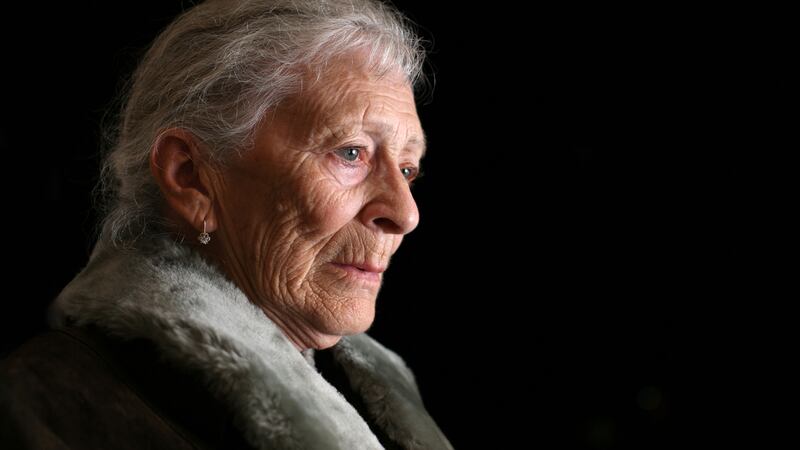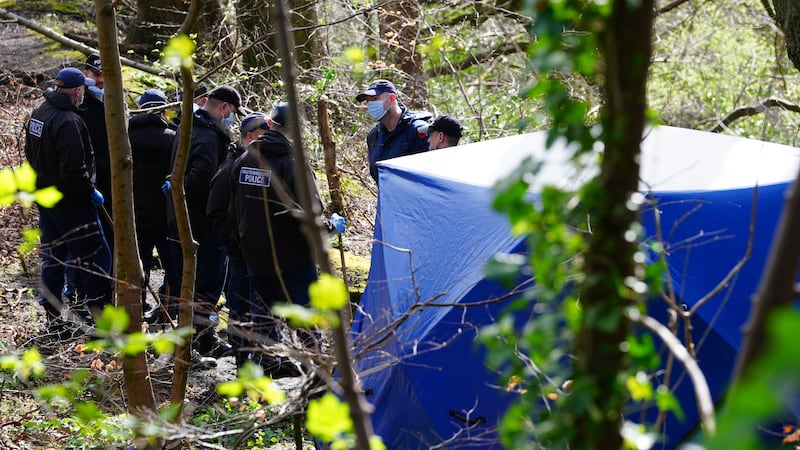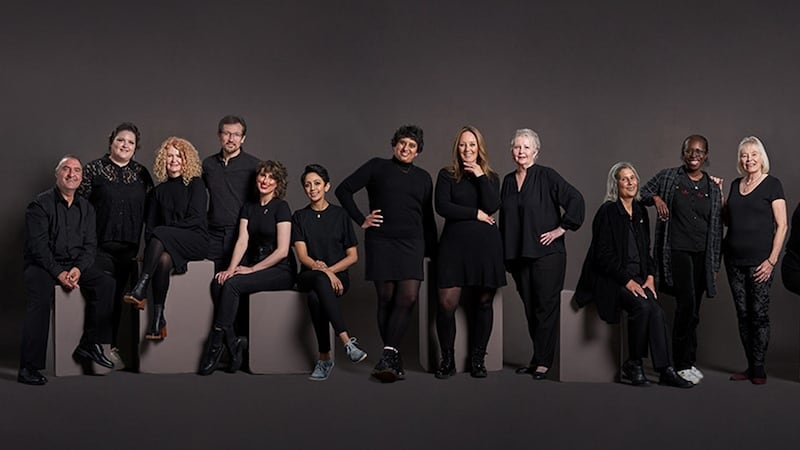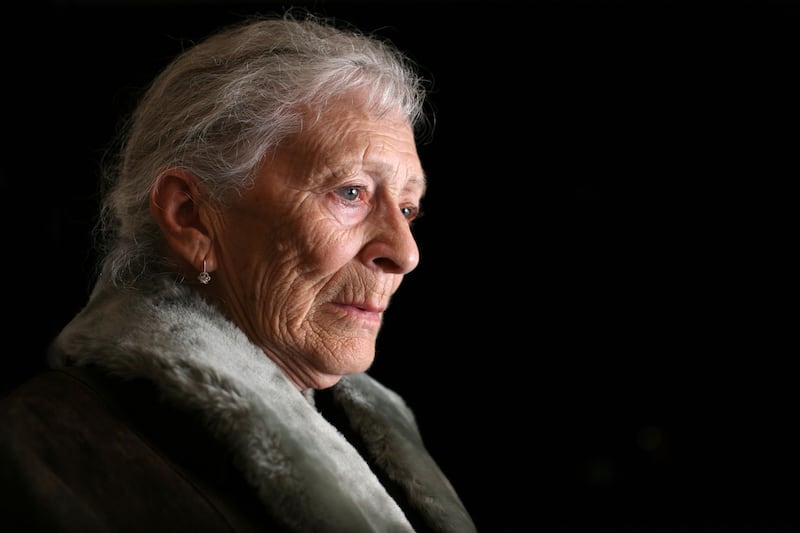More than 2,500 reports of suspected abuse of elderly people were made to health chiefs last year. It is the highest number on record since the state began to take records in 2007, with two thirds of the incidents relating to women and more than half affecting people over 80.
The Health Service Executive (HSE) said the number of incidents increased by five per cent. Of the 2,592 referrals, psychological abuse was the most frequently reported at 29 per cent, followed by financial abuse and self-neglect at 21 per cent, neglect at 15 per cent and physical abuse at 12 per cent.
The HSE said most of the reports to the service again came from public health nurses, followed by hospitals and family members but the amount of people making complaints themselves soared from 19 per cent of reports in 2013 to 26 per cent in 2014.
Paschal Moynihan , HSE specialist older persons services, said officials believe many cases are going unreported.
"We don't believe that we are seeing the full extent in terms of referrals," he said.
"We would encourage anyone who has a concern about abuse of an older person to contact their GP, public health nurse or any healthcare worker.
"Over the years there has also been considerable work done in increasing awareness of elder abuse, how it presents and, most importantly, how it can be tackled."
The figures follow a report by Age Action at the start of the week which revealed about 250 banking officials have dealt with suspected cases of elder financial abuse in the last 12 months.
The charity said hundreds of older people face regular demands for money, see their pensions withheld and discover they have lost their homes, with someone in the immediate family to blame in the vast majority of cases.
A study by University College Dublin in 2010 found 10,000 people were suffering elder abuse.
The HSE said people in their eighties are four times more likely to suffer abuse than people aged 65-79.
The report also warned that the same patterns for perpetrators was detected last year - the victim's adult children are to blame in almost half of all cases.
In others, a partner or spouse is responsible in almost a fifth of cases and another member of the family in 15 per cent of cases and in five per cent of cases a landlord or lodger was to blame.
The HSE said abuse can manifest in different ways and in different settings such as the home, with a relative, at residential or day care settings, in hospitals, home support services and places assumed to be safe, or in public places.
It said its aim is to ensure the safety and well-being of an older person while providing support to stop the abusive behaviour.




